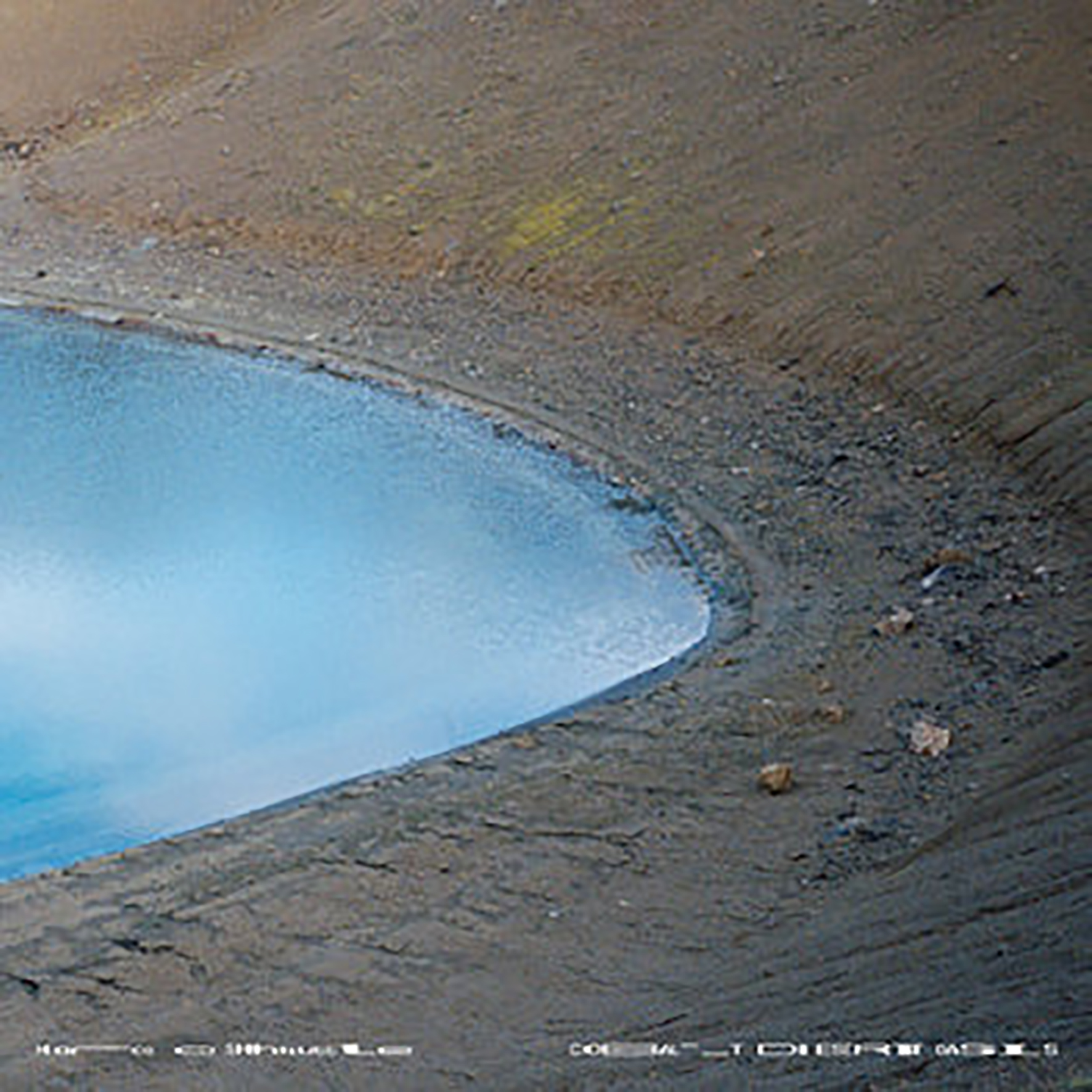
This divergent third album from Berlin-based producer Marco Shuttle is my first exposure to his work, but he has released a handful of killer singles over the last decade in a darkly hallucinatory minimal techno vein akin to Lucy and Rrose. While I would have been thrilled to hear another perfectly crafted single like "Sing Like a Bird" (2014) or "Flauto Synthetico" (2016), Cobalt Desert Oasis is nevertheless a pleasant and semi-radical departure for Shuttle, as it is inspired by field recordings and images collected over two years of travel. I suppose Shuttle has always drawn inspiration from far-flung places very unlike Berlin, but the big difference is that this album uses field recordings and acoustic instrumentation as its raw material and focus rather than just a source of ideas for more dancefloor-targeted work. While this album does not necessary cure me of my belief that Shuttle primarily excels as a singles artist, it was definitely a nice surprise to be blindsided in 2021 by something resembling a lost O Yuki Conjugate classic. And, of course, there are a few great singles lurking here as well.
This album is billed as "a cinematic listening experience where psychedelia, ritualism, and mysticism weave together in a sort of alien soundscape," which is a reasonably accurate characterization, though to my ears it lands much closer to "cool headphone album" than anything conventionally "cinematic" or strikingly otherworldly. Shuttle does strike an unusual balance of traditional sounds and modern technology though, as the stronger pieces feel like a simmering and hallucinatory drum circle enhanced with a steady kickdrum thump. "Danza De Los Voladores" is representative example of the album's baseline aesthetic, as Shuttle whips up a psych-damaged dub concoction over a slow and deep bass drum pulse: birds happily chirp, synths bubble like a witch's cauldron, indigenous flute melodies wander in and out, and a host of hand percussion sounds subtly pan and morph in the periphery. It is quite a likeable and inventive detour from what I would expect from Shuttle, but the songs admittedly blur together a bit aside from the handful of instances where he tweaks the formula with some kind of inspired twist (most pieces stick to relatively narrow tempo comfort zone and the melodies are all quite understated). The most inspired facet of the album is Shuttle's use of a Persian drum called a Tombak, which is presumably the heart of one of the album's strongest pieces, "Tombak Healer," in which a seething, slow-motion kick drum pulse is enhanced with a skittering and panning tour de force of dubby hand percussion. I am also a big fan of the propulsive "Through the Cobalt Desert," which sounds like a relentlessly forward-moving strain of dub-techno birthed in a deep tropical jungle. My personal favorite is probably the sensuous and blearily dreamlike exotica of “Winds of Cydonia” though. How I feel about the remainder of the album is largely a function of how natural/seamless the balance of traditional instruments and electronics feels: some pieces feel like something cool and distinctive, some feel a bit too smooth and straightforward to leave a deep impression. While Cobalt Desert Oasis probably could have been a flawless EP if Shuttle had distilled it down to its four or five best pieces, it makes for a pleasantly immersive focused listening experience. Shuttle is onto something quite good here, but it might take another album or two before this side of his art feels fully realized.
Samples can be found here.
Read More

